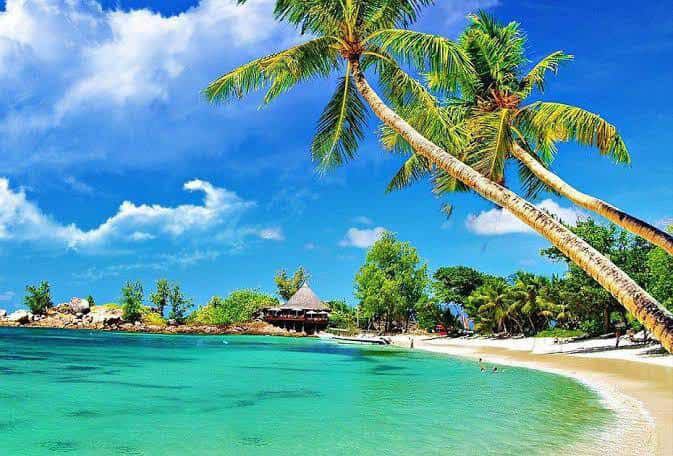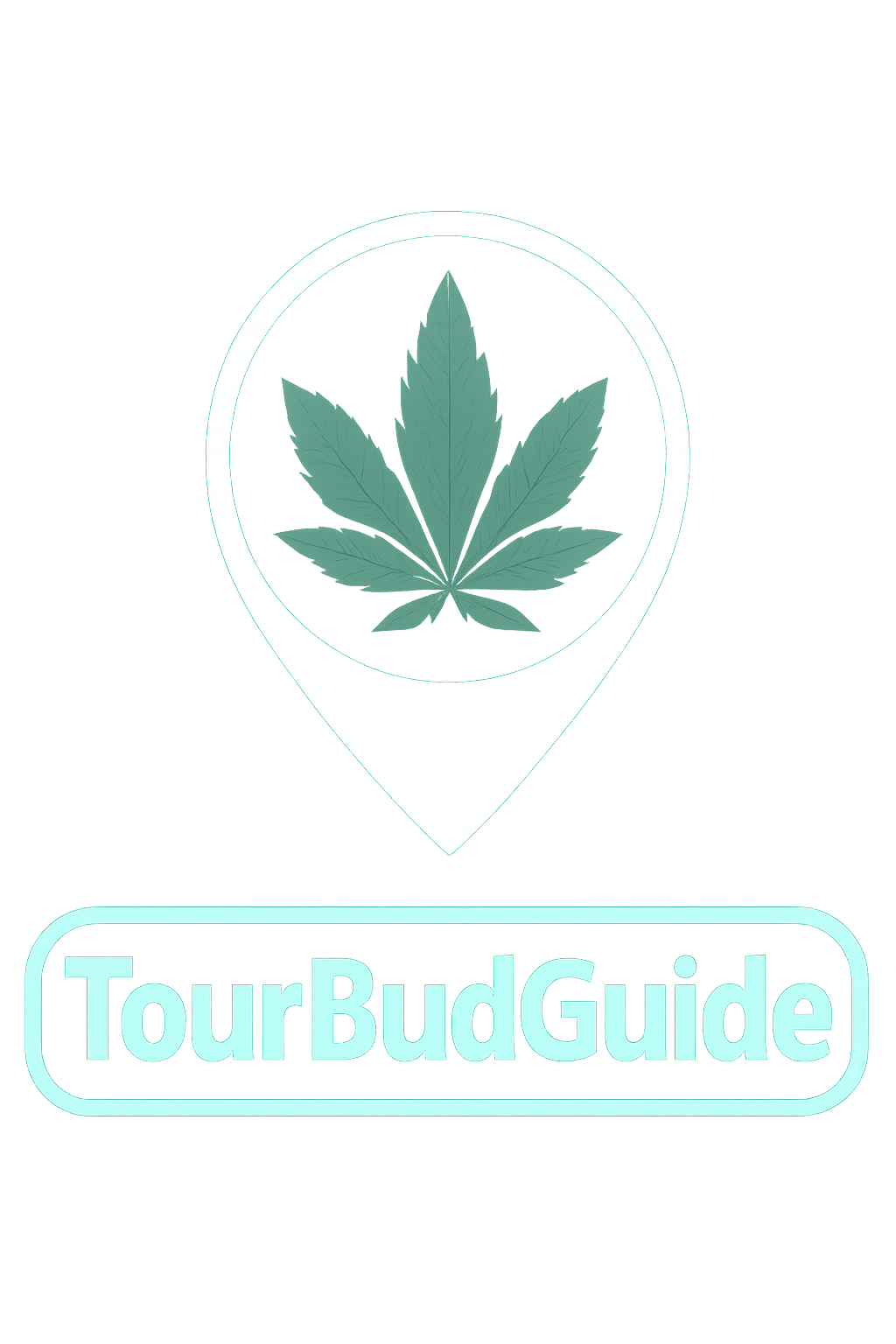Discovering Weed in Bukhara

Bukhara, one of Central Asia’s most historic cities, has been a cultural, religious, and trade hub for over two millennia. Known for its stunning mosques, madrassas, and bustling bazaars, Bukhara is a city that captures the imagination of tourists and scholars alike. Amid its architectural splendor and rich history, curiosity sometimes arises about cannabis: Is weed accessible in Bukhara? What are the legal risks? And are there safer ways to enjoy relaxation while visiting the city?
Cannabis does exist in Uzbekistan, but it is strictly illegal for recreational use, and enforcement in Bukhara is firm. Understanding the legal framework, cultural attitudes, and safe alternatives is essential for residents and visitors alike.
1. Cannabis Laws in Uzbekistan and Bukhara
Uzbekistan enforces very strict drug laws, and Bukhara, as a prominent historic city, adheres closely to national regulations:
- Recreational cannabis is illegal. Possession, sale, or cultivation can lead to criminal prosecution.
- Possession penalties: Even small amounts of cannabis can result in heavy fines, detention, or imprisonment. Larger amounts carry severe penalties, often including long-term imprisonment.
- Trafficking or distribution: Severe legal consequences, including lengthy prison sentences and significant fines, apply to trafficking.
Bukhara’s law enforcement is active in tourist areas, marketplaces, and residential neighborhoods. Recreational cannabis use carries serious risks, particularly for foreigners who may face additional consequences.
2. Medical Cannabis in Bukhara
Medical cannabis is not legally recognized in Uzbekistan, including Bukhara:
- Cannabis-based pharmaceuticals are largely unavailable and not part of standard medical treatment.
- Patients with chronic pain, epilepsy, or other medical conditions rely on conventional prescription medications.
- Access to medical cannabis is extremely limited, and using it outside the legal framework is considered illegal.
As a result, both recreational and medical cannabis remain largely inaccessible, making legal alternatives the safest way to relax.
3. Cannabis Culture in Bukhara
Bukhara’s culture is strongly influenced by Islamic traditions and centuries-old societal norms, shaping local attitudes toward cannabis:
- Conservative social norms: Cannabis is socially frowned upon and associated with immorality.
- Private use among youth: University students or young adults may experiment privately, but public consumption is extremely rare.
- Discretion is crucial: Cannabis use is typically limited to private residences or trusted social circles.
Cannabis culture exists but remains underground, discreet, and relatively minimal compared to cities in countries with legal cannabis markets.
4. Accessing Weed in Bukhara
Accessing cannabis in Bukhara is limited and risky:
- Private networks: Most users rely on trusted friends or acquaintances for access.
- Street purchases: Attempting to buy from strangers is extremely dangerous due to police enforcement, scams, and potential for low-quality or contaminated products.
- Quality concerns: Cannabis found locally may be inconsistent, adulterated, or unsafe.
For tourists, attempting to buy cannabis is strongly discouraged. Legal consequences are severe, and enforcement is strict throughout the city.
5. Police and Enforcement
Law enforcement in Bukhara is stringent regarding cannabis:
- Police monitor tourist-heavy areas, marketplaces, and student neighborhoods closely.
- Zero tolerance: Even small amounts can result in fines, detention, or imprisonment. Foreigners are subject to the same laws and may face deportation if caught.
- Public consumption: Extremely unsafe due to strict enforcement and cultural disapproval.
Visitors should understand that Bukhara does not tolerate recreational cannabis use and enforcement is actively maintained.
6. Public Attitudes Toward Cannabis
Public opinion in Bukhara reflects the city’s conservative social and religious values:
- Older generations: Strongly disapprove of cannabis use, associating it with crime or moral decay.
- Younger generations: Some university students or young adults may experiment privately but remain discreet due to social and legal pressures.
- Cultural stigma: Cannabis is heavily stigmatized, and openly discussing it is rare and potentially dangerous.
These social norms, combined with legal enforcement, make public cannabis use nearly impossible and culturally inappropriate.
7. Safer Alternatives to Cannabis in Bukhara
Visitors seeking relaxation in Bukhara without legal risk have many alternatives:
 Cafés and Herbal Teas
Cafés and Herbal Teas
Bukhara has a café culture offering herbal teas like chamomile, mint, and green tea. These beverages provide calming effects and are fully legal.
 Traditional Uzbek Herbal Remedies
Traditional Uzbek Herbal Remedies
Local herbs are often used in teas or infusions for wellness and relaxation. Ingredients such as sage, chamomile, and mint provide stress relief safely.
 Traditional Cuisine and Social Spots
Traditional Cuisine and Social Spots
Bukhara is renowned for its cuisine, including plov, samsa, and shashlik. Visiting teahouses or local restaurants allows social interaction and enjoyment without legal risk.
 Cultural Events and Historical Exploration
Cultural Events and Historical Exploration
Participating in Bukhara’s cultural events, visiting monuments, and exploring bazaars offers natural pleasure and intellectual engagement. Visiting the historic Registan, Ark Fortress, or local madrassas can be both educational and relaxing.
 Parks and Outdoor Spaces
Parks and Outdoor Spaces
Bukhara has gardens, riverbanks, and walking areas that allow outdoor recreation and relaxation. Walking, jogging, or enjoying the city’s historic scenery offers healthy, legal alternatives to cannabis.
8. Tips for Tourists
For visitors in Bukhara, safety and cultural respect are paramount:
- Avoid buying or using cannabis. Legal penalties are strict, and law enforcement is vigilant.
- Stick to legal alternatives. Herbal teas, cultural exploration, traditional cuisine, and outdoor activities provide safe ways to unwind.
- Be discreet in conversations about cannabis. Public discussion can be culturally sensitive and risky.
- Respect local customs. Bukhara is conservative, and showing cultural awareness enhances your experience.
Following these guidelines ensures a safe and enjoyable visit.
9. The Future of Cannabis in Bukhara
Uzbekistan shows little sign of moving toward recreational cannabis legalization or decriminalization:
- Younger generations may be more open to cannabis discussion, but public advocacy is minimal due to strict laws and conservative culture.
- Enforcement is strong in Bukhara, especially around historic sites, tourist areas, and universities.
- Any reform is likely years away, leaving cannabis underground and high-risk for the foreseeable future.
Bukhara reflects Uzbekistan’s overall conservative stance, emphasizing caution for anyone considering cannabis.
Final Thoughts
Discovering weed in Bukhara is less about consumption and more about understanding laws, cultural attitudes, and legal alternatives. Cannabis exists in private networks, but legal consequences are significant, and social stigma is strong.
Visitors can enjoy Bukhara safely through:
- Herbal teas and traditional infusions
- Exploration of historical sites and cultural events
- Traditional cuisine and teahouses
- Parks, gardens, and outdoor recreational spaces
While cannabis may circulate privately, Bukhara’s charm lies in its historic architecture, rich cultural heritage, and vibrant community life. Experiencing the city respectfully and safely provides natural relaxation and fulfillment without legal complications.
I can also create a “Discover Weed in Uzbekistan” guide, comparing Bukhara with Samarkand and Tashkent to provide a broader regional perspective on cannabis culture and legal realities.

Just love this dude Tourbud. Keep up with the good work. Excellent customer service. He goes above and beyond to make sure the order is right, help and support if anything goes wrong.
It was hard to find a reliable plug but finally tourbud showed up and gained my trust. Definitely he is the way out and hands down the best.@ https://t.me/tourbud
Everytime I order, I get excited not only for his TOP NOTCH PRODUCTS, but his amazing customer service.
From the time I start my text, to when my weed arrives, tourbud makes every encounter fast, friendly and SO AFFORDABLE. He works with you to get what you need.
Thank you Tourbud for been so good to me everytime.